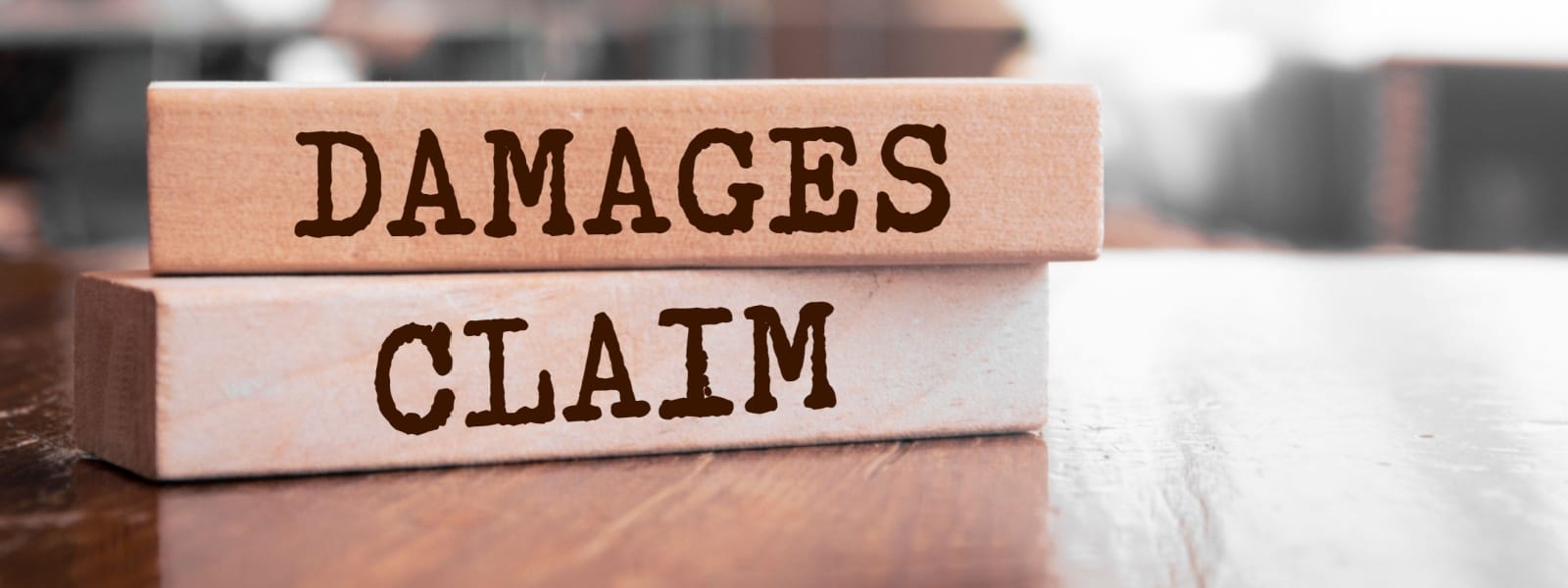When a person passes away, their financial obligations do not simply disappear. The probate process provides a formal structure for creditors to file claims against the decedent’s estate to seek payment for outstanding debts. Likewise, it gives the estate’s representative the duty to evaluate these claims and pay the legitimate ones. When a dispute arises over the validity or amount of a claim, it can lead to a formal lawsuit within the probate case, known as claim litigation.
At The Law Offices of Anthony R. Scifo, we provide experienced legal representation for both creditors and estate representatives in all matters related to estate claims in Elgin, IL. Whether you are a creditor seeking rightful payment or an executor defending an estate from an invalid claim, our attorneys have the deep knowledge of the Illinois Probate Act and the litigation skills required to protect your interests. Contact our office for a strategic consultation at 847-628-8311.

Navigating Estate Claim Litigation in Elgin, IL
Claim litigation is a specialized area of probate litigation focused entirely on debts and obligations of the deceased. The process is governed by strict rules and deadlines that, if missed, can permanently bar a claim or expose an estate to unnecessary liability. Our firm provides counsel on all types of estate claims, from straightforward credit card debt and medical bills to complex business obligations or personal loans.
We understand that for an estate representative, protecting the assets for the intended beneficiaries is a primary duty. For a creditor, receiving payment for a legitimate debt is a matter of fairness and business. We approach each case with a strategic mindset, aiming to resolve disputes efficiently while being fully prepared to fight for our clients’ rights in the Kane County courthouse.
For Creditors: How to File a Claim Against an Estate
If you are owed money by someone who has passed away, you cannot simply collect from the family. You must follow the formal claims process in probate court to protect your right to payment.
The Strict Deadline to File
This is the most critical rule for any creditor. In Illinois, you must file your claim by the date specified in the legal notice sent by the estate’s representative, or within a specific timeframe set by law if notice was published. If you miss this deadline, your claim will be permanently barred, regardless of how valid it is. It is essential to act quickly upon learning of a debtor’s death.
Filing and Proving Your Claim
A claim must be formally filed with the Kane County Circuit Clerk and served on the estate’s representative. It must state the nature of the debt and the amount owed and be supported by evidence, such as contracts, invoices, or promissory notes. If the estate representative disputes your claim, we are prepared to litigate the matter in court to prove its validity and secure a judgment for payment.
Are you an executor or a creditor involved in an estate claim dispute?
Call our Elgin claim litigation attorneys at 847-628-8311 for skilled legal guidance.
For Estate Representatives: Managing and Defending Claims
As an executor or administrator, you have a fiduciary duty to manage the estate’s assets responsibly. This includes carefully vetting all claims and only paying those that are legitimate and legally enforceable.
The Duty to Evaluate Claims
Your role is not to automatically pay every bill that arrives. You must review each claim to determine if it is valid, if the amount is accurate, and if it was filed before the legal deadline. You have the authority to formally “allow” a claim, which approves it for payment, or “disallow” it, which rejects the claim and typically forces the creditor to litigate the matter if they wish to pursue it.
Defending the Estate
If a creditor files a lawsuit to enforce a disallowed claim, or if a claim appears to be fraudulent, exaggerated, or filed too late, we provide a robust defense. We protect the estate’s assets from invalid debts, preserving more of the inheritance for the rightful heirs and beneficiaries. This is a critical part of your duty and a key service our firm provides, sometimes involving complex asset recovery issues if funds have been improperly paid.
Why Choose Scifo Law for Claim Litigation in Elgin?
Whether you are pursuing a claim or defending an estate, you need an attorney who is deeply familiar with the Illinois Probate Act and has extensive experience in the local court system. The Law Offices of Anthony R. Scifo is a trusted choice for claim litigation in Elgin.
We understand the procedural nuances and strategic considerations from both the creditor’s and the estate’s perspective. This dual insight allows us to anticipate the other side’s moves and build a more effective case for our clients. We are committed to resolving these financial disputes with professionalism and a relentless focus on achieving your legal and financial objectives.
Frequently Asked Questions About Estate Claims
What is the deadline for a creditor to file a claim against an estate in Illinois?
- The deadline can vary. If the estate representative provides a known creditor with direct written notice, the deadline is typically three months from receiving that notice. If notice is given by publishing it in a newspaper, the deadline is six months from the first publication date. The absolute latest a claim can ever be filed is two years after the person’s death, even if no probate estate has been opened.
What happens if an estate doesn’t have enough money to pay all its debts?
- If an estate is “insolvent,” meaning its debts exceed its assets, the Illinois Probate Act specifies a legal order of priority for how claims are to be paid. Funeral expenses, estate administration costs, and certain taxes are paid before general creditors like credit card companies.
Can an executor refuse to pay a valid debt?
- No. If a claim is valid and has been properly filed on time, the executor has a legal duty to pay it from the estate’s assets. Refusing to pay a valid claim can expose the executor to personal liability. The proper procedure is to formally disallow the claim if there is a legitimate dispute, which then moves the issue into litigation for a judge to decide. You can find the relevant statutes in the Illinois Probate Act, primarily in Article XVIII.



